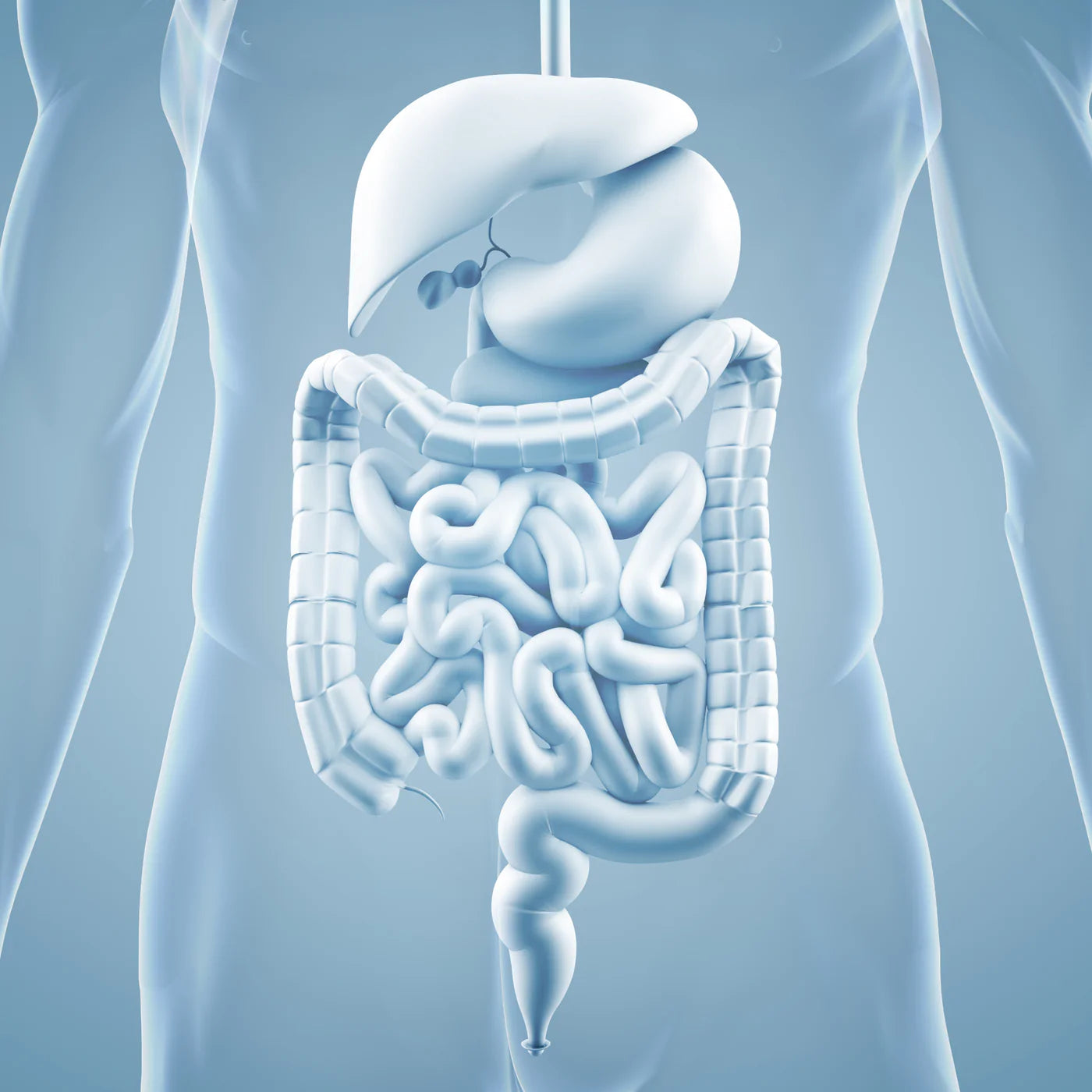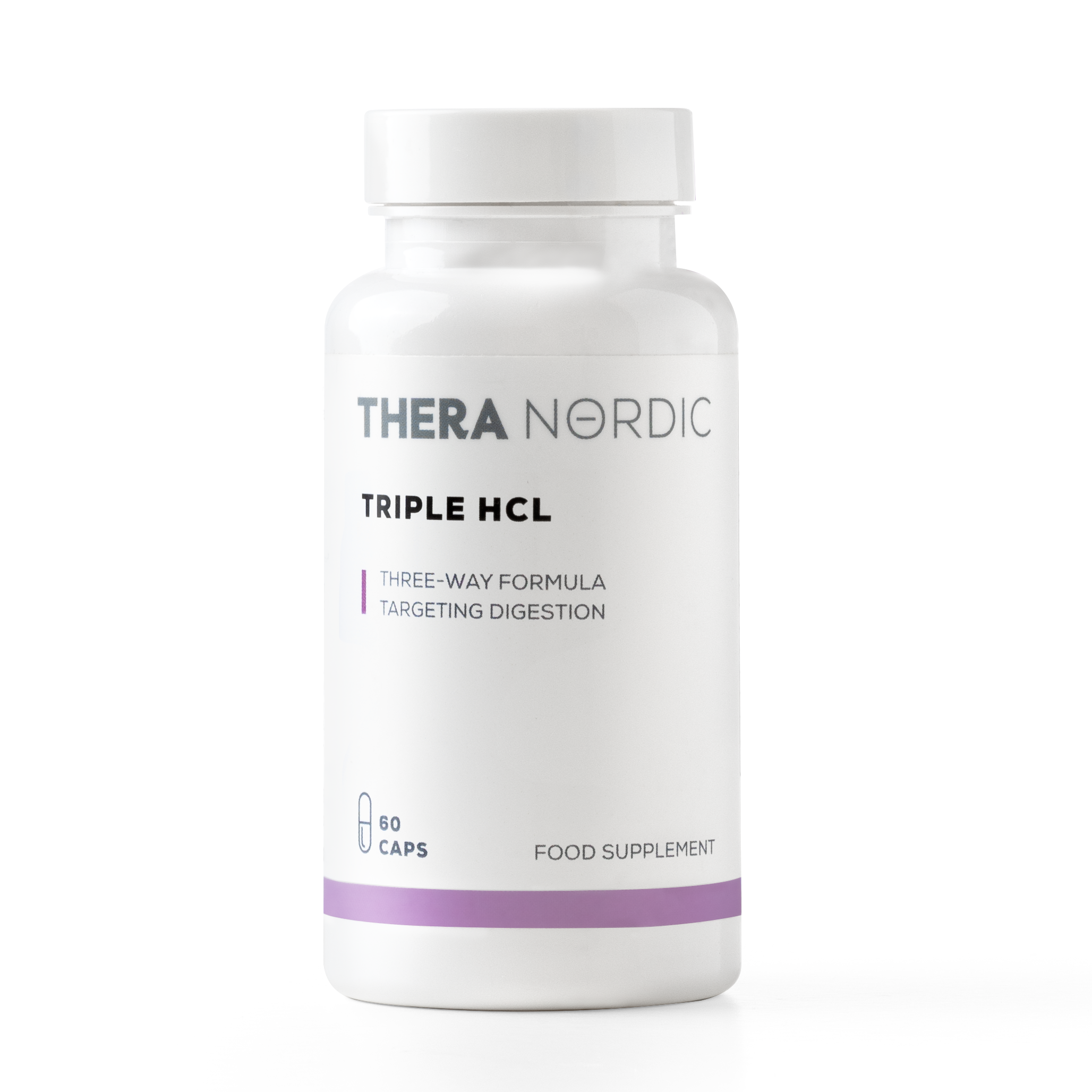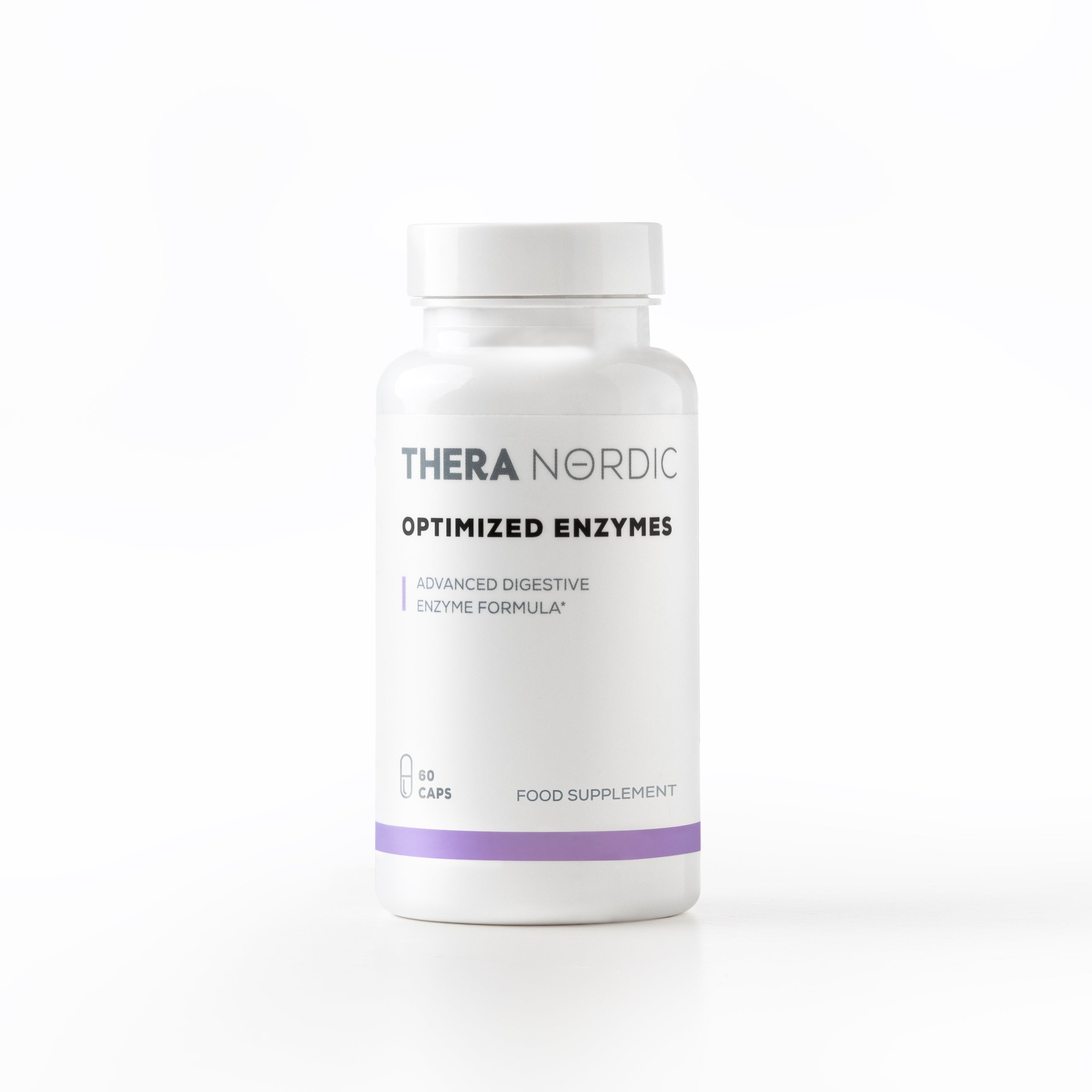HCL and digestive enzymes are two different substances that play distinct roles in the human body, particularly in the context of digestion. Here's an explanation of the differences between the two:
HCL (Hydrochloric Acid):
- HCL is the abbreviation for hydrochloric acid, which is a strong, corrosive acid produced by the stomach lining. It is also known as gastric acid.
- The primary role of HCL is to create an acidic environment in the stomach, which is essential for the digestion of food.
- HCL has several important functions in the digestive process:
- It activates pepsinogen, an inactive enzyme secreted by the stomach, and converts it into its active form, pepsin. Pepsin is essential for breaking down proteins in the stomach.
- It helps to denature proteins, making them more accessible for digestion by enzymes.
- It kills harmful bacteria and pathogens that may be present in the ingested food, contributing to the body's defense against infections.
- It provides an optimal pH environment for the functioning of digestive enzymes.
Digestive Enzymes:
- Digestive enzymes are proteins produced by various organs in the body, primarily the pancreas, and the salivary glands, to assist in breaking down different types of food molecules.
- There are several types of digestive enzymes, each designed to target specific types of nutrients, including:
- Amylases: These enzymes break down carbohydrates into sugars.
- Lipases: These enzymes digest fats into fatty acids and glycerol.
- Proteases: These enzymes break down proteins into amino acids.
- Digestive enzymes work in different parts of the digestive system, starting in the mouth (salivary amylase), continuing in the stomach (pepsin), and primarily in the small intestine (pancreatic amylases, lipases, and proteases).
- The function of digestive enzymes is to help break down complex food molecules into simpler forms that the body can absorb and utilise for energy and nutrition.
In summary, HCL is a strong acid produced in the stomach, and its primary role is to create an acidic environment for digestion, activate pepsin, and protect against pathogens. Digestive enzymes, on the other hand, are specific proteins that facilitate the breakdown of various nutrients (carbohydrates, fats, and proteins) into simpler substances during digestion. While both HCL and digestive enzymes are essential for the digestive process, they serve different functions in the overall process of nutrient absorption and utilisation by the body.




















